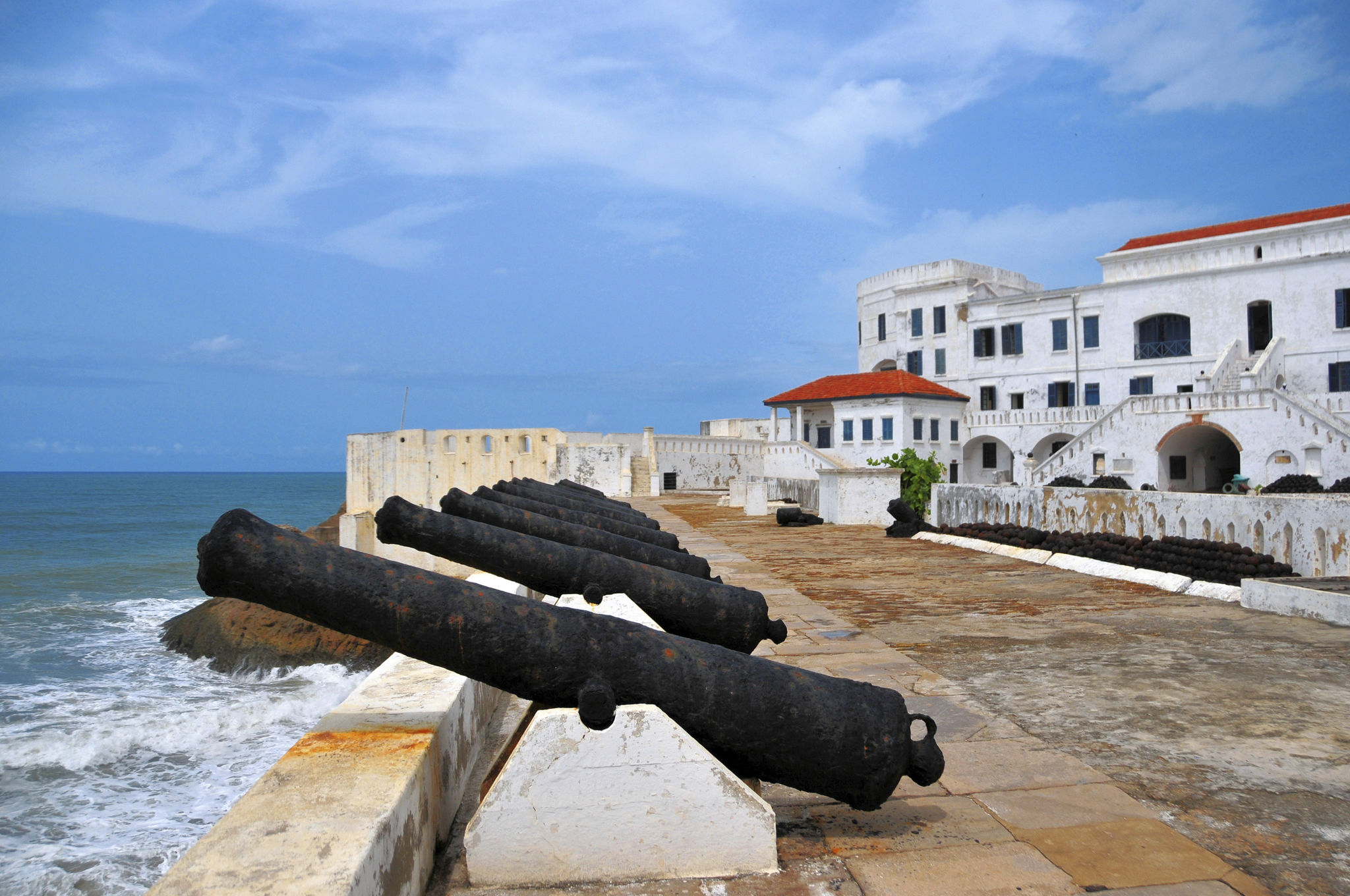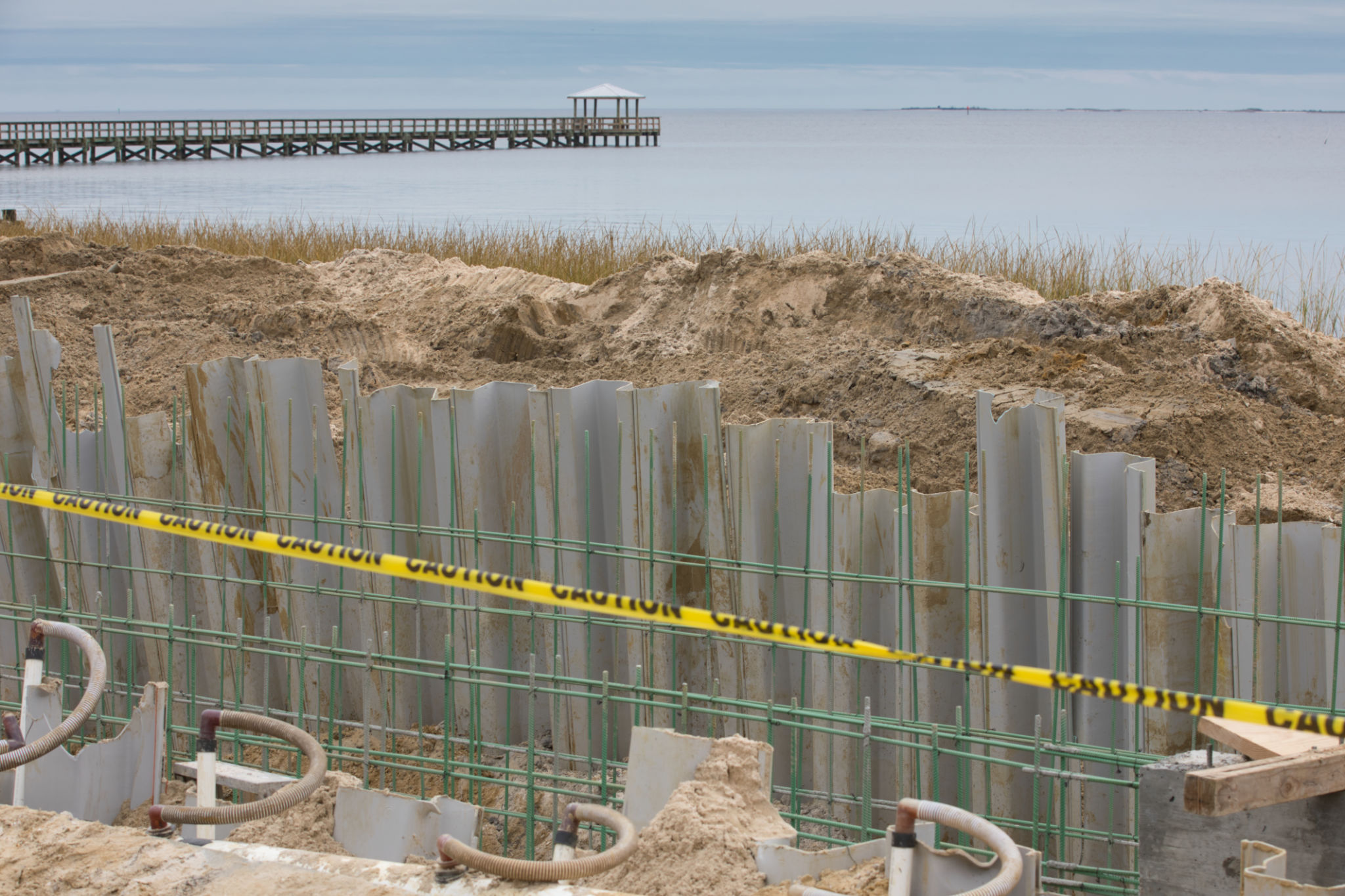Debunking Myths About Coastal Conservation in Ghana
Understanding Coastal Conservation in Ghana
Coastal conservation is a crucial topic in Ghana, yet it's often shrouded in misunderstandings. These myths can hinder efforts to protect and preserve the nation’s beautiful coastlines. In this blog post, we'll debunk some common misconceptions about coastal conservation in Ghana, providing clarity and encouraging informed participation.

Myth 1: Coastal Conservation is Only About Marine Life
While marine life is a significant focus, coastal conservation encompasses much more. It includes the protection of coastal ecosystems, such as mangroves and wetlands, which are vital for biodiversity and act as natural barriers against storms. Conservation efforts also address the socioeconomic aspects, ensuring that local communities benefit from sustainable practices.
By preserving these ecosystems, Ghana can protect its coastlines from erosion and maintain the natural resources that many communities depend on for their livelihoods. This holistic approach helps balance environmental sustainability with economic development.
Myth 2: Conservation Efforts Are Too Expensive
Another prevailing myth is that conservation efforts are prohibitively expensive. In reality, the costs of inaction can be much higher. Coastal degradation can lead to loss of habitats, decreased fishery yields, and increased vulnerability to climate change impacts, all of which can result in significant economic losses.

Investing in coastal conservation can lead to long-term savings and benefits. For instance, restoring mangroves can enhance fish stocks and provide coastal protection, while also offering tourism opportunities that boost local economies.
Myth 3: Local Communities Are Not Involved
There's a misconception that local communities are excluded from conservation efforts. However, many successful initiatives in Ghana actively involve local residents, recognizing their invaluable knowledge and vested interest in preserving their environment.
- Community-based resource management
- Educational programs about sustainable practices
- Collaborative decision-making processes

These approaches ensure that conservation measures are culturally appropriate and economically beneficial, fostering a sense of ownership and responsibility among community members.
Myth 4: Only Government Action Matters
While government policies and regulations are crucial for effective coastal conservation, the role of non-governmental organizations (NGOs), private sector partners, and individuals cannot be overlooked. Collaborative efforts amplify the impact of conservation initiatives.
NGOs often spearhead innovative projects and pilot programs that can be scaled up through government support. Meanwhile, individuals can contribute by adopting sustainable practices and raising awareness within their communities.
The Path Forward for Coastal Conservation
Debunking these myths is essential for fostering a comprehensive understanding of coastal conservation in Ghana. As awareness grows, so does the potential for impactful action that benefits both the environment and the people who rely on it.
By embracing a multifaceted approach that includes ecological preservation, community involvement, and economic considerations, Ghana can secure a sustainable future for its coastlines. The journey requires collective effort, but the rewards are well worth it.